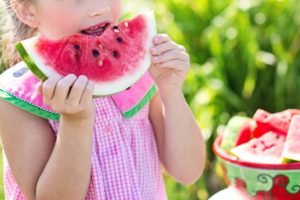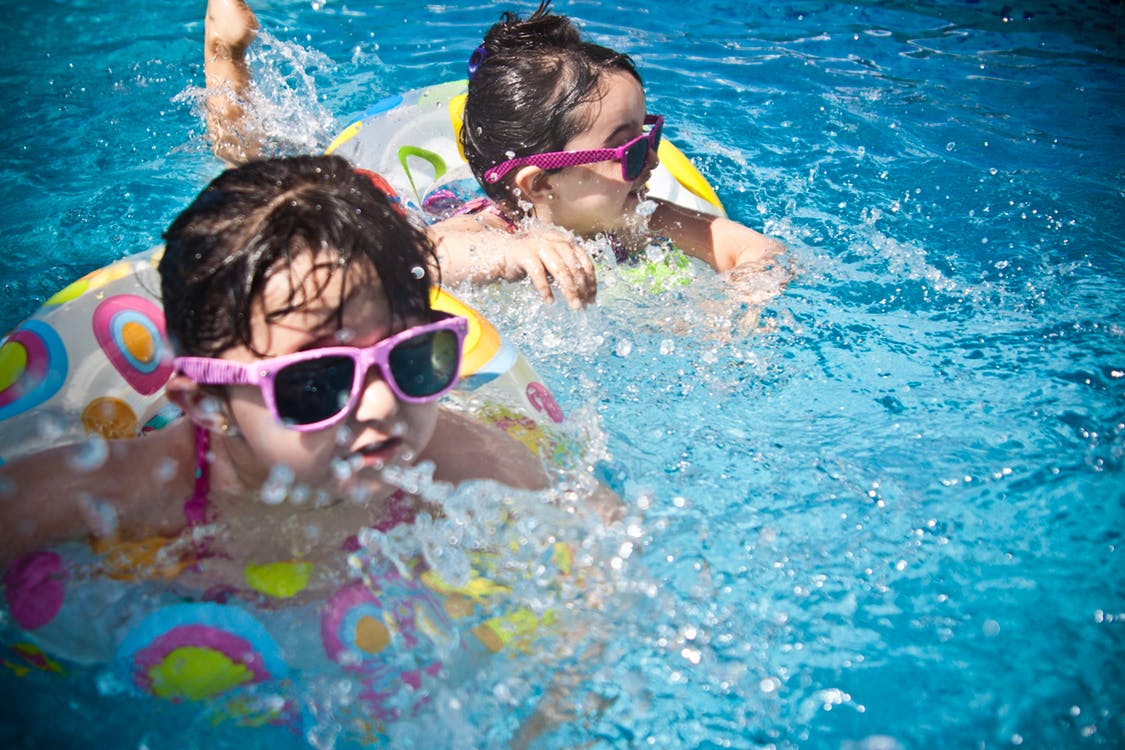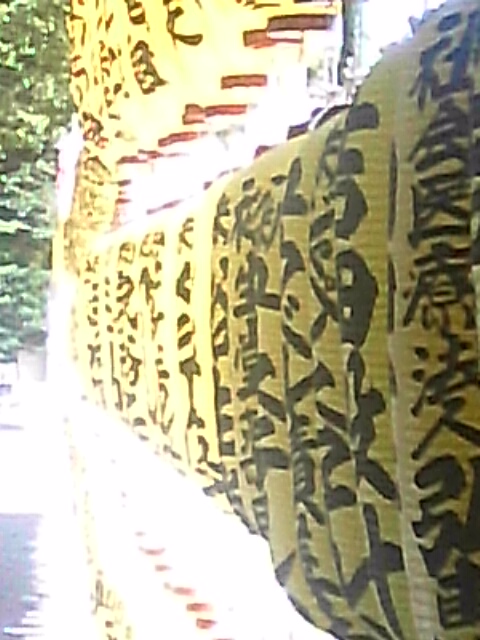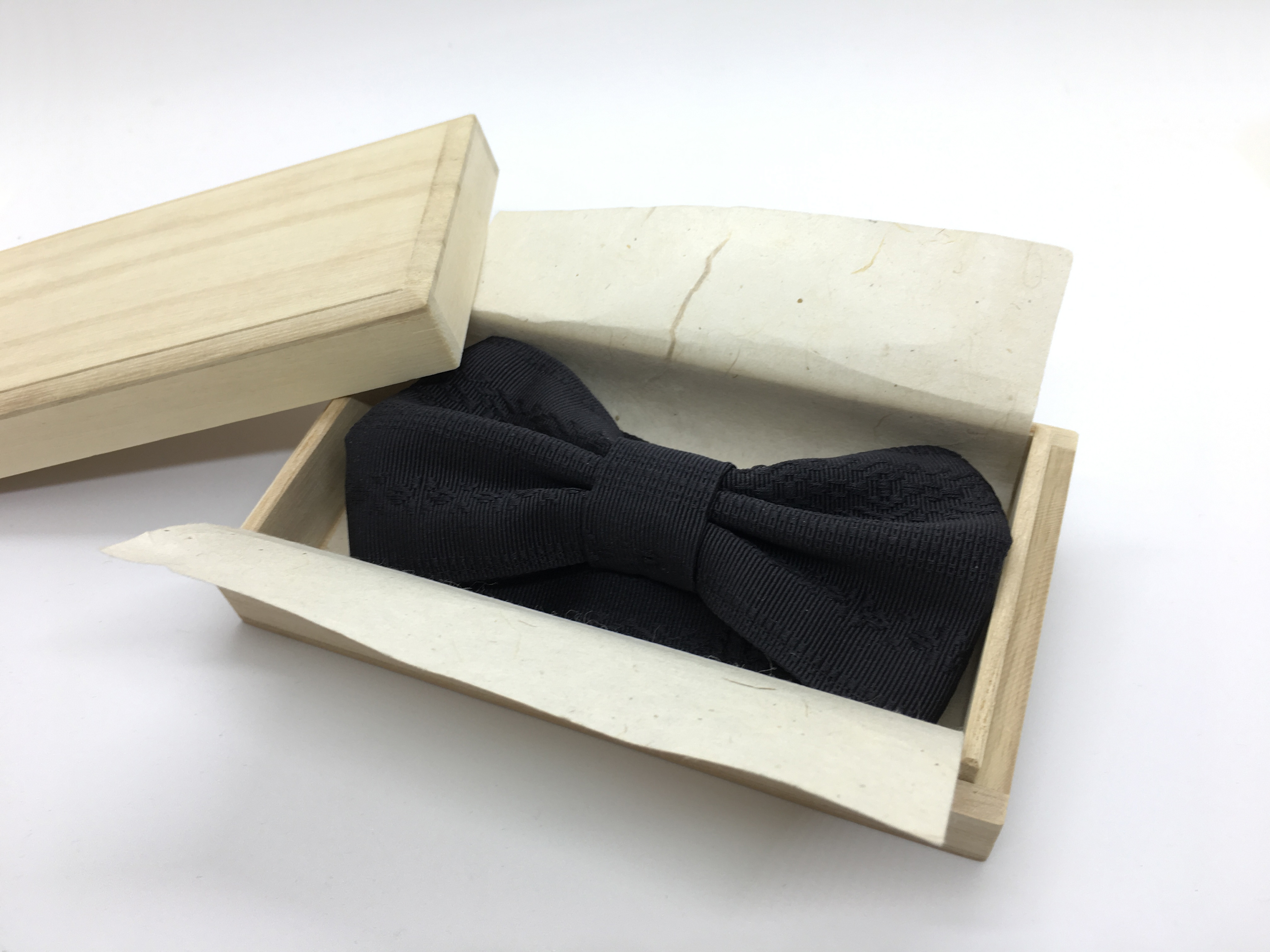
Summer in Japan is incredibly muggy (蒸し暑い for Japanese readers) and that leads to what Japanese call natsubate (夏バテ) which is “summer fatigue” or “summer heat fatigue” in English. I learned from my research today that there are two important ways our bodies cool down. Sweat is the first thing that happens, but what also matters is that the sweat evaporates (蒸発) A big problem in Japan is that it’s so humid sweat doesn’t always evaporate adequately, and that causes the body to sweat even more to try to cool down. That is when natsubate happens. Cotton clothes are supposed to be the best for summer because cotton helps sweat to evaporate. Make sure your clothes fit loosely, though.
There are lots and lots of remedies on the internet, of course, but the single most important thing always mentioned is to drink lots of liquids, especially water. Coffee and tea and sodas are not recommended because the caffeine in coffee and tea and the sugar in sodas makes your body lose liquids more quickly. Sports drinks are also not good. The British Medical Journal did a study of sports drinks and said sports drinks aren’t an effective way to replace minerals and electrolytes, and that most drinks are full of corn fructose, which is basically sugar. The most important electrolyte to replace after sweating is potassium which you can get from orange juice, milk or watermelon. The British Journal said milk is actually more effective than a sports drink for replacing electrolytes.
 Foods that help replace the minerals you lose when you sweat are everybody’s favorite watermelon, and Japanese pears (nashi.) Citric acid helps pick you up when you’re tired, so natsumikan and other citrus fruits are good. Vitamin B is also a big help and you can get it from eating soba, soybeans, milk, and pork, as well as sardines. Yes, I’m aware there are different B vitamins, this is just a start. Eel, or unagi as it’s called in Japan, has potassium, sodium and vitamin B12 and is full of vitamin A, too. Maybe that’s why so many Japanese people eat it in the summer. Summer vegetables like tomatoes, cucumber and eggplant help protect against ultra violet light (UV.)
Foods that help replace the minerals you lose when you sweat are everybody’s favorite watermelon, and Japanese pears (nashi.) Citric acid helps pick you up when you’re tired, so natsumikan and other citrus fruits are good. Vitamin B is also a big help and you can get it from eating soba, soybeans, milk, and pork, as well as sardines. Yes, I’m aware there are different B vitamins, this is just a start. Eel, or unagi as it’s called in Japan, has potassium, sodium and vitamin B12 and is full of vitamin A, too. Maybe that’s why so many Japanese people eat it in the summer. Summer vegetables like tomatoes, cucumber and eggplant help protect against ultra violet light (UV.)
Countries that are really hot like Thailand and India and Bangladesh all seem to have spicy food. There is something in spicy foods called capsaicin that tells your brain to make sweat. By eating spicy foods, you can sweat without your body temperature actually going up and that really helps to stay cool. Yogurt is also known to help with heat.
Please wear cool, cotton clothes, don’t be afraid to sweat and drink a lot of liquid, especially water and fruit and vegetable juices. Natsubate is bad enough, but heatstroke (熱中初) is really dangerous. Now, if someone could just tell me why the bate of natsubate is written in katakana ?




Comments